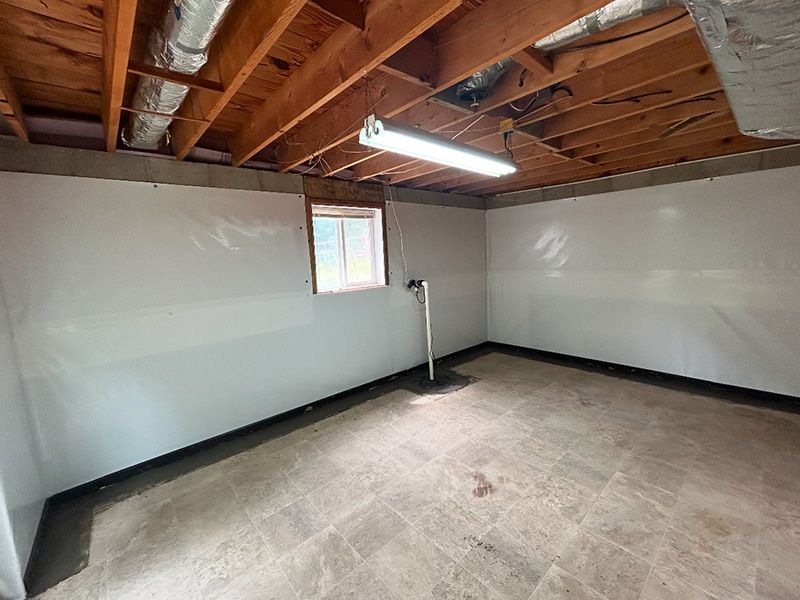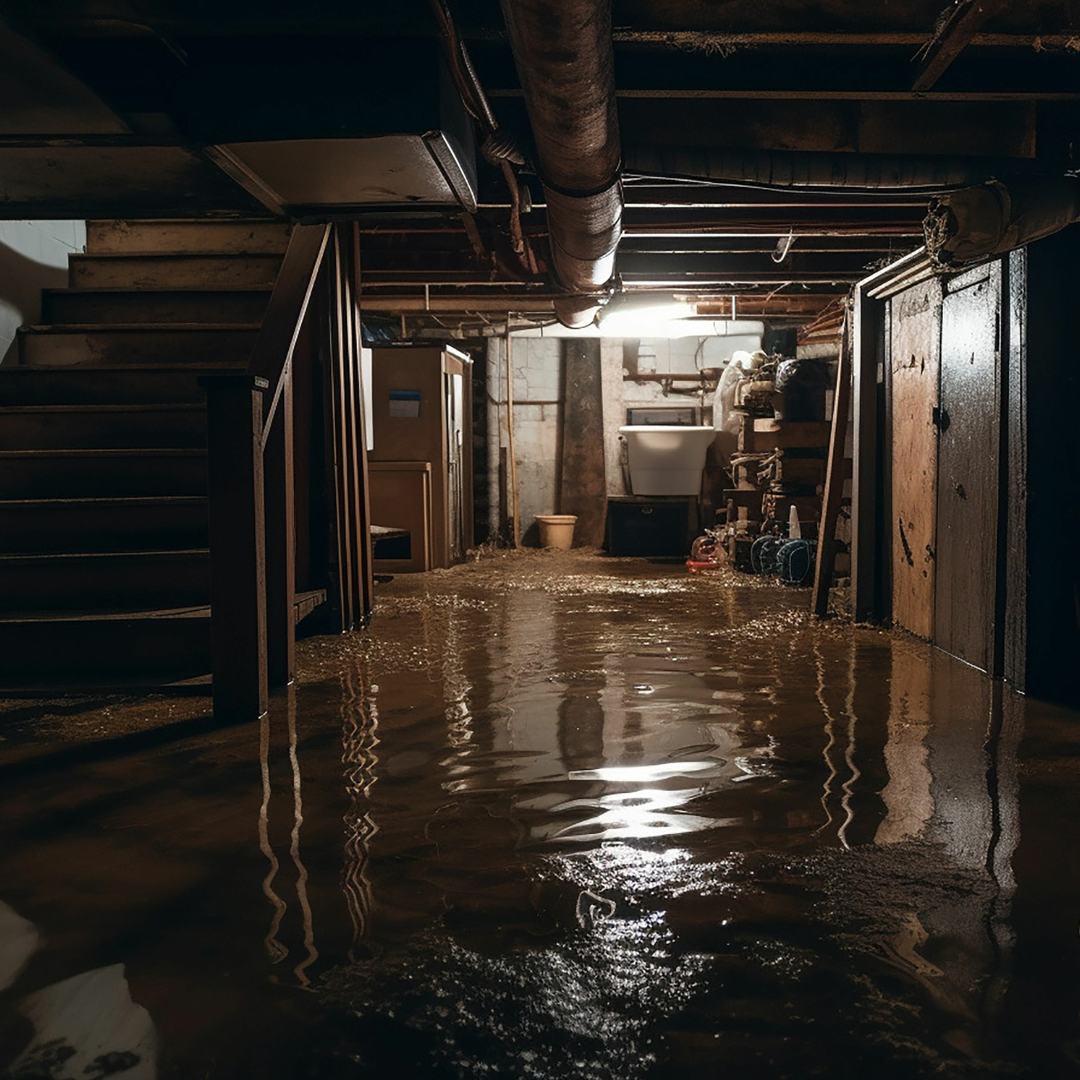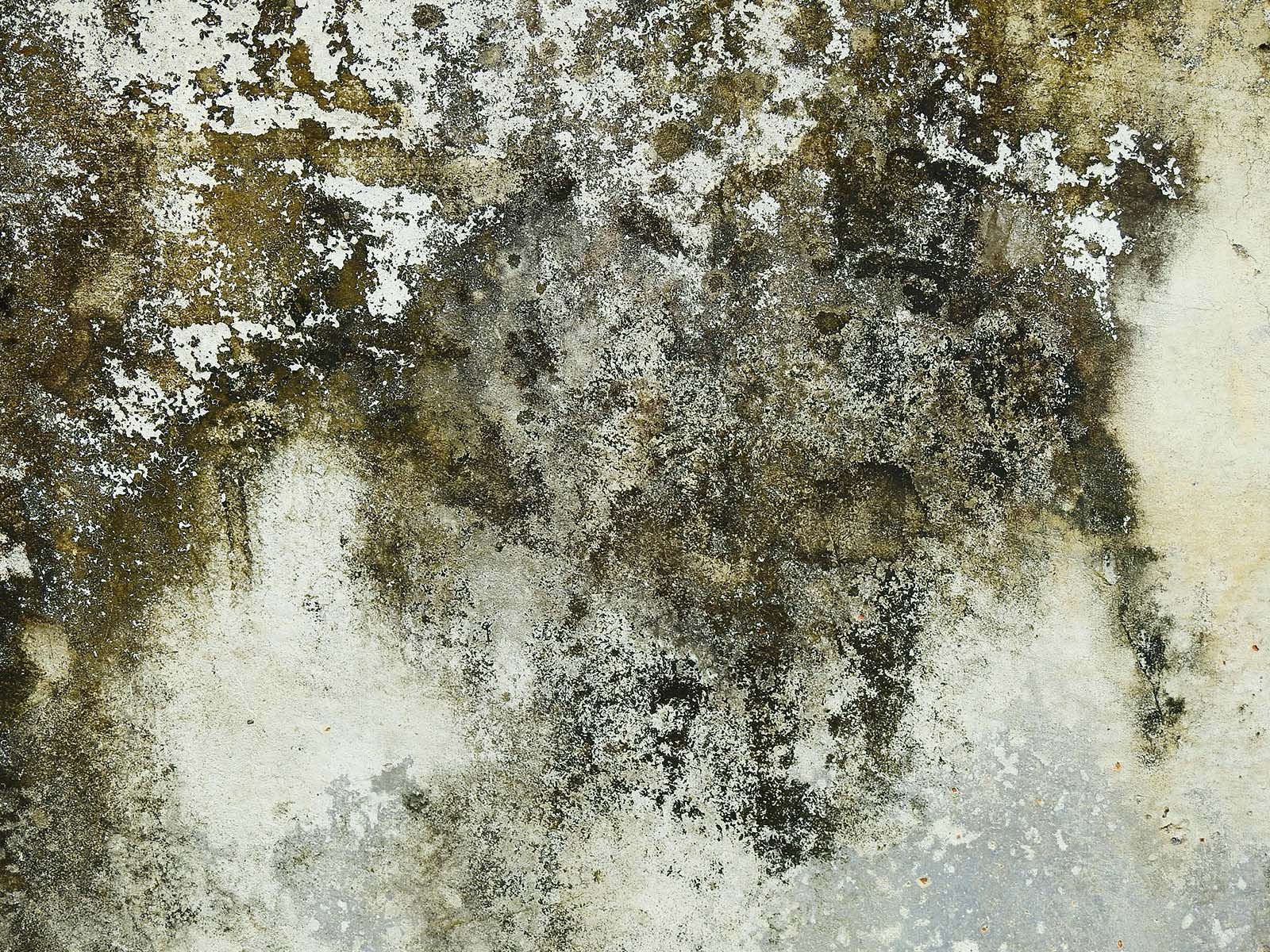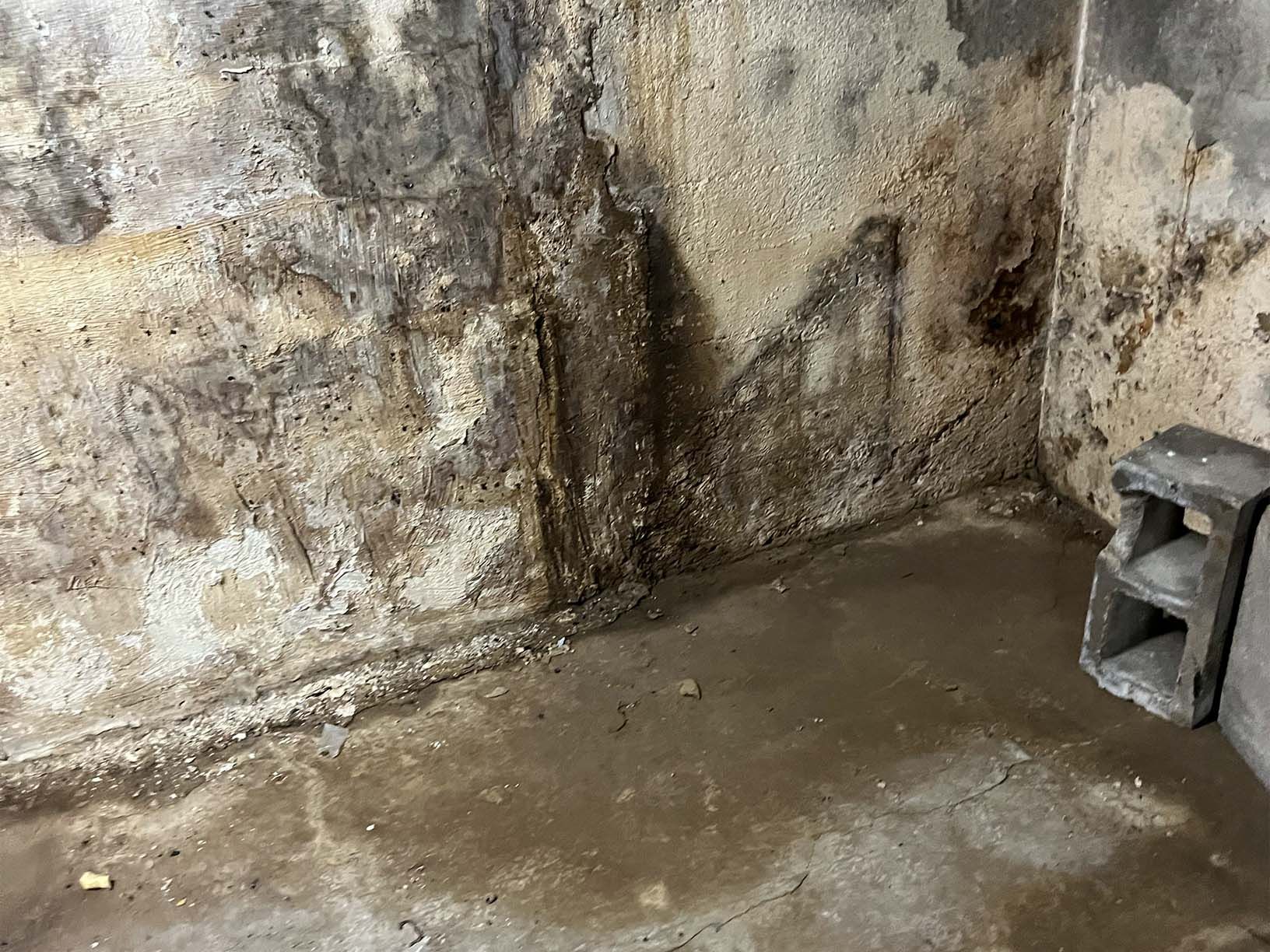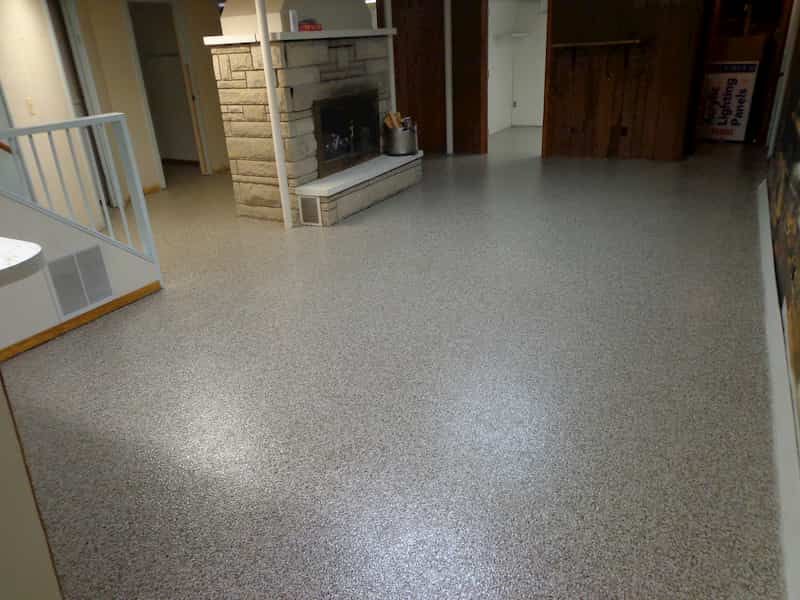Does Waterproofing a Basement Add Value to Your Home?
A leaky basement might not seem like an immediate concern, but it can cause long-term damage to your property’s structure and value. For homeowners and real estate investors, waterproofing may raise a critical question: Does waterproofing a basement add value to your home?
The short answer is yes, but understanding the “how” and “why” is essential. From improving structural integrity to creating usable living space, basement waterproofing offers multiple benefits. Below, we’ll break everything down, exploring its advantages, costs versus returns, and its overall impact on your home’s marketability.
What Is Basement Waterproofing?
At its core, basement waterproofing is the process of safeguarding your basement or foundation from water penetration. This can include several methods like sealing cracks, installing sump pumps, or adding drainage systems to prevent flooding or long-term water damage.
Most Common Methods of Basement Waterproofing:
- Interior Solutions: Drainage systems, sump pumps, or dehumidifiers to control and manage water inside the basement.
- Exterior Solutions: Techniques like French drains, water-proof coatings, and yard grading to stop water from entering in the first place.
These methods work together to extend your foundation’s lifespan and protect your home from damage. Companies like DFX Foundation & Waterproofing Experts provide reliable, customized solutions for homeowners looking to safeguard their property against moisture and structural concerns.
Does Basement Waterproofing Increase Home Value?
Basement waterproofing isn’t just a smart move—it’s a valuable investment that can boost your property’s resale value. Whether you’re a homeowner or a real estate investor, waterproofing can make your home more appealing and profitable. But exactly how much value does waterproofing a basement add? Let’s break it down:
1. Improved Structural Integrity
Water damage can wreak havoc on your home’s foundation, leading to cracks, sinking floors, and even shifting walls over time. By waterproofing your basement, you protect the structural integrity of your property, ensuring it remains safe and sound for years. A strong foundation is not only critical for your home’s safety but is also a key selling point when it’s time to sell your home.
2. Creates Usable Living Space
A properly waterproofed basement unlocks endless possibilities for additional living areas. From home offices and guest suites to gyms or entertainment rooms, converting a damp basement into functional space can significantly enhance your home’s livability and resale value. Buyers highly value extra square footage, especially in competitive markets where every inch counts.
3. Appeals to Buyers
A dry, clean basement is a major selling point. In contrast, a damp or musty basement can scare off potential buyers and lead to lower offers. Basement waterproofing’s resale value is a key benefit, showing buyers that your home is well-maintained while also increasing its market appeal. This can make your property stand out in a crowded market and offer peace of mind to buyers worried about costly repairs.
4. Boosts Curb Appeal and Marketability
Homes that are move-in ready tend to attract more buyers and higher offers. Basement waterproofing eliminates one major concern for buyers, making your property more marketable and competitive. It’s a smart way to boost your home’s list price and turn your basement from a liability into a selling asset.
Benefits of Basement Waterproofing
The advantages of basement waterproofing go beyond increased home value. It contributes significantly to comfort, safety, and efficiency.
Prevents Water Damage and Mold Growth
Waterproofing prevents common water issues like leaks and flooding. By doing so, it offers protection from mold and mildew, which can contribute to respiratory illnesses and unpleasant odors.
Improves Air Quality
Basement dampness often seeps into the rest of the home, leading to unhealthy air. Effective waterproofing improves indoor air quality and reduces health risks by eliminating excess moisture and mold spores.
Enhances Energy Efficiency
A dry basement aids insulation, reducing humidity that forces HVAC systems to work harder. Lowering humidity helps save on heating and cooling costs.
Peace of Mind
Beyond physical health and comfort, waterproofing offers an emotional benefit. It provides peace of mind knowing your home is safe from potential water-related disasters, whether it’s a heavy rainstorm or a burst pipe.
Factors Impacting Basement Waterproofing Value
While basement waterproofing adds substantial value to most homes, its ROI depends on a variety of factors:
1. Regional Climate
Homes in areas prone to heavy rainfall or flooding benefit the most from waterproofing. Buyers in these regions often prioritize homes with protective measures in place.
2. Age and Condition of the Home
Older homes are more prone to foundational issues and water ingress. Waterproofing these homes can significantly boost their value, especially if there are evident signs of previous water damage.
3. Quality of Installation
The return on investment (ROI) for waterproofing heavily depends on the quality of the work. Poorly installed waterproofing solutions may fail, causing additional costs down the road. Hiring professionals, such as DFX Foundation & Waterproofing Experts, ensures proper installation and lasting protection.
Cost vs. Value of Waterproofing
The cost of waterproofing varies depending on your home’s needs, including the chosen waterproofing method and size of the basement. While the upfront cost may not appear small, the long-term benefits often outweigh the expense.
ROI of Basement Waterproofing
Typically, homeowners report an ROI of up to 30% from their basement waterproofing investment, with results varying based on the project and property. Paired with the added benefits of energy savings and reduced future repair costs, the overall value becomes substantial.
If budgeting is a concern, consider flexible financing options from trusted providers like DFX Foundation to manage installation costs with ease.
DIY vs. Professional Waterproofing
Deciding between a DIY approach and hiring professionals is crucial. Here’s a breakdown:
Pros and Cons of DIY
- Pros: Lower upfront costs, flexibility, and potential satisfaction from completing the work yourself.
- Cons: Solutions may be temporary, and mistakes can result in larger, costlier repairs. Certain methods require professional-grade equipment.
Benefits of Professional Waterproofing
- Precision and expertise.
- Access to advanced tools and techniques.
- Long-term warranties, providing peace of mind.
- Personalized solutions tailored to your property’s specific needs.
Brands like DFX Foundation & Waterproofing Experts have decades of experience in creating customized solutions for homeowners, ensuring safe and effective results.
Safeguard Your Investment Today
Basement waterproofing is a smart, practical home improvement that protects your property while increasing its market value. From reducing mold risks to creating usable square footage, the benefits of fixing your wet basement are undeniable. Whether you’re planning to stay in your home long-term or list it on the market, a waterproof basement enhances both your peace of mind and your property’s worth.
For high-quality, professional waterproofing services, don’t leave your property to chance. Contact DFX Foundation & Waterproofing Experts for a free evaluation and take the first step toward a safer, more valuable home.
